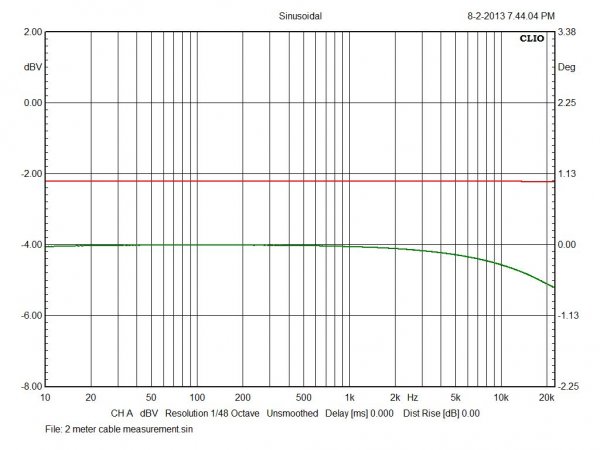Well, in all fairness, that article you linked to contained no physics at all, high school level or otherwise. It stated that they had measured differences in cables, but provided no measurements, and didn't even tell you what cables were compared. It did, however, announce that soon they would be able to sell you some software that would let you see these differences for yourself, in your own system. It's not that I don't appreciate the offer, but I'd rather see the study. And for follow-up, rather than some software for sale, I'd like to see the results repeated. Still no physics, but at least a bit of decent engineering.
Tim







